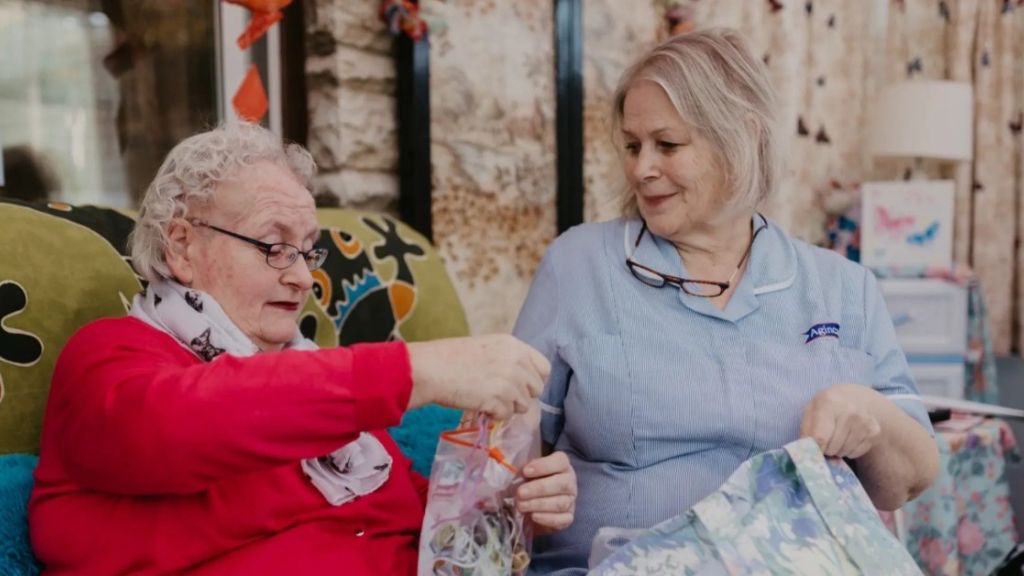Bed-blocking fell by just 3% following hospital discharge drive
Bed-blocking fell by just 3% in the first month of the government’s £250 million hospital discharge drive, it has been revealed.
NHS England data showed the number of bed-blocking patients fell from 14,060 to 13,657 between 9 January and 9 February.
The government launched the three-month scheme in January to buy thousands of extra care beds to support stays of up to four weeks per patient in care homes until the end of March.
Chief executive of the Association of Directors of Adult Social Services, Sheila Norris, told LocalGov: “We recognise the steps the government has taken to tackle the issue of delayed discharge, including the NHS buying extra places in residential care.
“Our experience is that this will only work well if people have the support around them to help them get better.
“If we want to solve the hospital discharge problem, we need long-term, sustainable investment in primary and community-based care and support, and for family carers.”
A Department of Health and Social Care spokesperson said: “According to the most recent figures, there are around 13,122 patients in hospitals who are medically fit to be discharged, which was down from over 14,000 the month before.
“We have already invested £250 million to free up hospital beds and reduce pressures on A&E, on top of our £500 million discharge fund, which is already with local areas to spend on the frontline to help more people get the right care at the right time.”
An NHS spokesperson said: “NHS staff are doing everything in their power to discharge patients when they are medically fit to do so – including through innovative initiatives like the ‘100 day discharge challenge’ which resulted in the number of hospital related delays reducing by a quarter.
“But social care continues to face significant challenges which is inevitably having a knock on impact and the NHS is working closely with those colleagues to help ensure they have the capacity to receive patients from hospital.”




